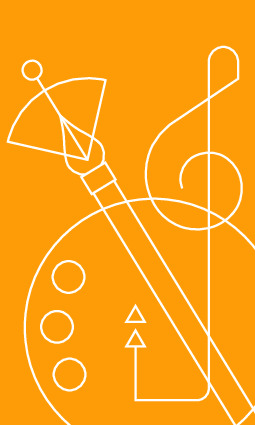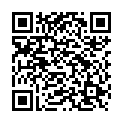|
|
|
| Module code: MAKM-310 |
|
|
4PA (4 hours per week) |
|
6 |
| Semester: 3 |
| Mandatory course: no |
Language of instruction:
German |
Assessment:
Project work
[updated 08.08.2024]
|
Exam recurrence:
The information regarding exam recurrence is found within the exam policy of the study programme (ASPO).
|
MAKM-310 (P430-0047) Cultural Management, Master, ASPO 01.10.2015
, semester 3, optional course
MAKM-310 (P430-0047) Cultural Management, Master, ASPO 01.10.2016
, semester 3, optional course
MAKM-310 (P430-0047) Cultural Management, Master, ASPO 01.04.2020
, semester 3, optional course
|
60 class hours (= 45 clock hours) over a 15-week period.
The total student study time is 180 hours (equivalent to 6 ECTS credits).
There are therefore 135 hours available for class preparation and follow-up work and exam preparation.
|
Recommended prerequisites (modules):
None.
|
Recommended as prerequisite for:
|
Module coordinator:
Prof. Dr. Nicole Schwarz |
Lecturer: Prof. Dr. Nicole Schwarz
[updated 23.04.2024]
|
Learning outcomes:
After successfully completing this course, students will:
be able to identify and analyze the technical requirements of the topic in question, assess them critically and document them
be able to apply current scientific-theoretical findings to practical questions from event management and combine them effectively
be able to analyze and apply organizational and structural issues in event management for cultural organizations
be able to apply event management concepts and methods that are highly relevant to event management
be able to strategically plan and implement marketing tools for event management
be able to develop solutions independently and in a goal-oriented manner within a team and deepen their professional competence on a functional level
have improved their communication skills through interaction with third parties and group discussions
be able to independently organize the division of tasks and coordinate within the team, as well as between project subgroups
be able to hold deadlines
be able to present their project results in a target-group oriented manner and argue objectively in the defence of their results within the framework of a group discussion.
[updated 08.08.2024]
|
Module content:
Events organized by cultural organizations, focusing on aspects of cultural management and actual research on success factors in cooperation with cultural institutions or organizations, including current literature on cultural and event management.
[updated 08.08.2024]
|
Recommended or required reading:
Literature will be compiled according to the respective topic. In-depth literature research is required and is an integral part of the course.
Literature examples:
Bemmé, S.-O. (2020). Kultur-Projektmanagement. Kultur- und Organisationsprojekte erfolgreich managen. 2., erweiterte und aktualisierte Auflage. Springer VS
Bischof, R., Event-Marketing Emotionale Erlebniswelten schaffen, Zielgruppen nachhaltig binden, Berlin, aktuellste Auflage
Eisermann, U., Winnen, L. & Wrobel, A. (Hrsg.) (2014). Praxisorientiertes Eventmanagement. Events erfolgreich planen, umsetzen und bewerten. Springer Gabler
Holzbaur, U. et al. (2010). Eventmanagement. Veranstaltungen professionell zum Erfolg führen. Vierte, überarbeitete Auflage. Springer
Kiehl, H.-J. & Bäuchl, R. (2014). Eventmanagement. Konzeption, Organisation, Erfolgskontrolle. Vahlen
Opaschowski, H.W.: Deutschland 2020. Wie wir morgen leben Prognosen der Wissenschaft. Wiesbaden 2006
Opaschowski, H.W.: Freizeitökonomie Marketing von Erlebniswelten. Opladen 1995
Opaschowski, H., Das gekaufte Paradies, Germa Press, Hamburg, aktuellste Auflage
Schulze, G.: Die Erlebnisgesellschaft, Kultursoziologie der Gegenwart Frankfurt 1995
Steinecke, A. (Hrsg.), Erlebnis- und Konsumwelten, Oldenbourg, München, 2000
Teissl, V. (2013). Kulturveranstaltung Festival. Formate, Entstehung und Potenziale. transcript
[updated 08.08.2024]
|


